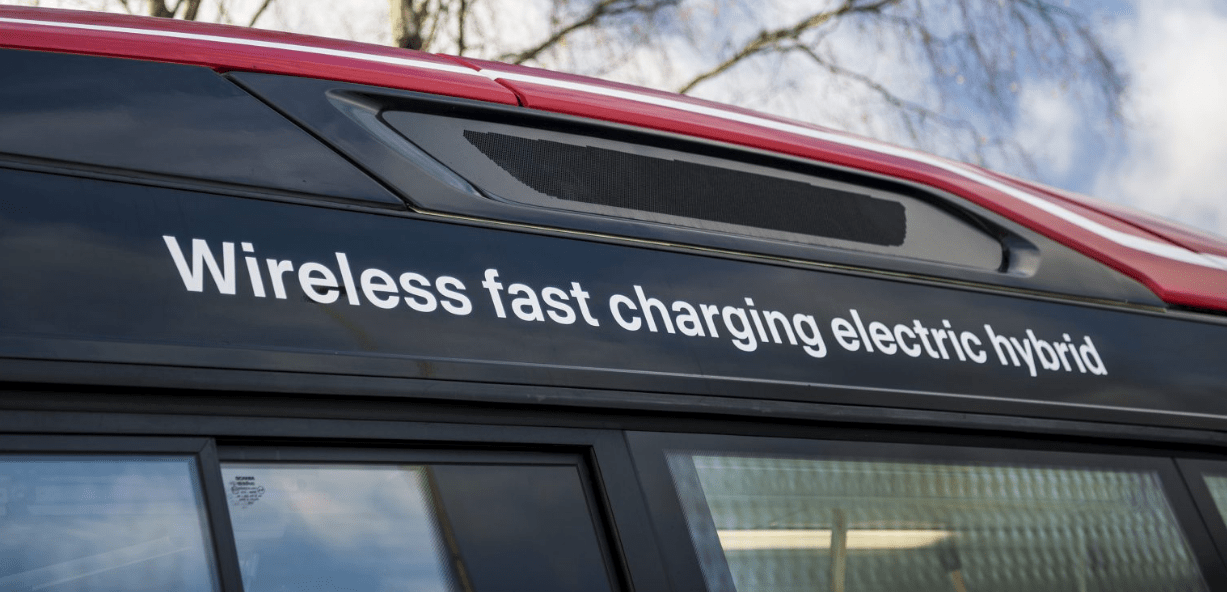Scania, one of the world’s largest manufacturers of heavy-duty vehicles and engines, says it will be using a newly developed Scania electric hybrid bus to test wireless bus stop charging in urban traffic in Sweden as part of the efforts to identify new, more sustainable solutions for public transport in urban environments.
According to Scania, this is the first time the technology is being tested in the Nordic region, and both the bus and bus stop solution are part of a research project for which Scania, the public transport operator for the Stockholm region, Vattenfall and others are cooperating to develop a silent and sustainable public transport system.
The manufacturer adds that the project is partly financed by the Swedish Energy Agency.
For the first time ever, this type of technology is also being tested for a more extreme climate, which this type of infrastructure must also cope with to be relevant in more northern parts of the world. According to Scania, the design of the inductive technology has been adapted so as not to disturb existing urban environments and is essentially invisible.
Seven minutes of wireless charging is enough to cover the bus’ entire 10-kilometer-long route.
“The electric hybrid bus in this project demonstrates a technology track for a more sustainable transport solution. The inductive charging technology is both silent and invisible. The field test in Södertälje is important ahead of the choices facing both society and the automotive industry with regard to eliminating emissions and reducing noise from traffic in sensitive urban environments,” says Hedvig Paradis, who is a project manager at Scania and responsible for the company’s participation in the research project.
“This is one of several projects Scania is conducting in order to find solutions for future sustainable transport services in cities,” says Anders Grundströmer, head of the recently started Scania Sustainable City Solutions. “We are working on identifying the needs of cities and on creating systems for eco-friendly, fast, secure and cost-effective transport solutions, which are based on locally produced alternative fuels, including electrification.”







